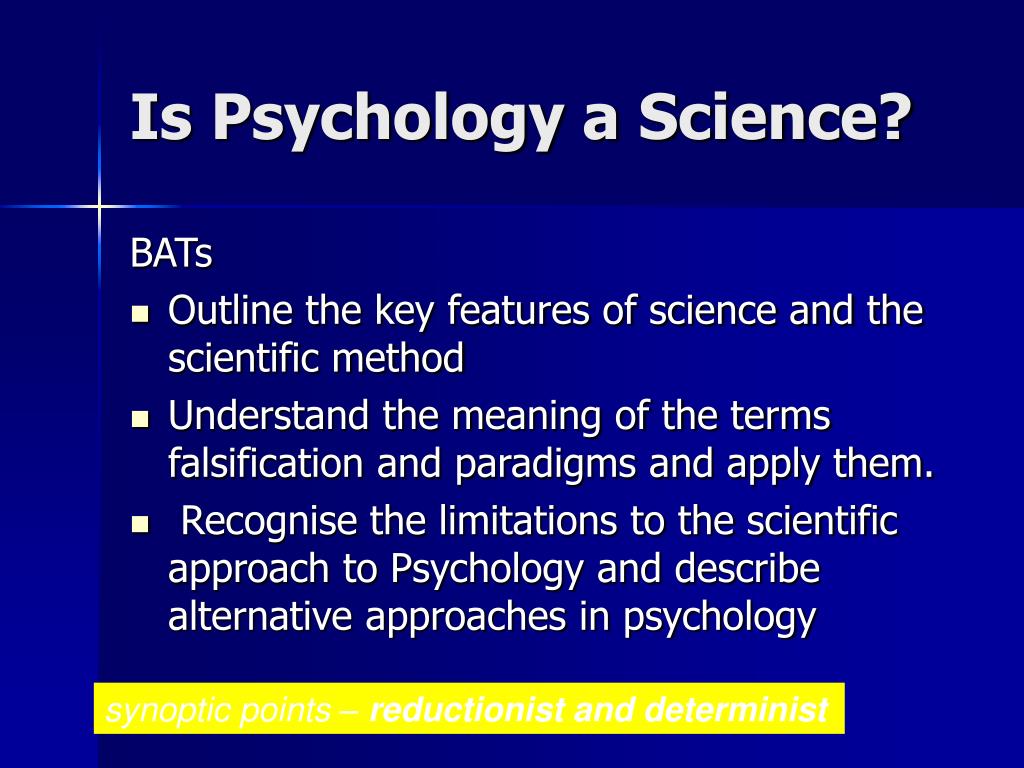Social Connection: Understanding Why People May Not Respond Positively to You
Understand why you might feel dislike
The question” why don’t people like me? ” Is one that many individuals ask themselves at some point in their lives. This feeling of social rejection can be painful and isolate, but understand its roots is the first step toward positive change.
Social connection is a fundamental human need. When we perceive that others don’t like us, it triggers real emotional pain that can affect ourself-esteemm and overall intimately being. Nonetheless, this perception isn’t invariably base on reality.
Common reasons people may seem distant
Before assume the worst, consider these common factors that might contribute to feel dislike:

Source: bigtopnews.com
-
Misinterpret social cues
what you perceive as dislike might really be someone’s shyness, preoccupation with their own concerns, or different communication style. -
Confirmation bias
once we believe people don’t like us, we tend to notice merely the evidence that support this belief while ignore contrary information. -
Social anxiety
excessive worry about being jjudgedcan make interactions feel more negative than they really are. -
Cultural or contextual differences
different social norms across cultures or environments can lead to misunderstandings.
Self reflection: behaviors that may push others forth
Sometimes our own behaviors can accidentally create distance in relationships. Self awareness is key to make positive changes.
Communication patterns that create distance
-
Dominating conversations
talk overly often without listen can make others feel unheard and unvalued. -
Negative focus
incessantly complain or focus on problems without solutions can be ddrainedfor others. -
Overshare
reveal overly much personal information overly rapidly can make people uncomfortable. -
Poor boundaries
not respect others’ personal space or time can feel invasive.
Emotional habits that affect relationships
-
Want
require constant reassurance or attention can overwhelm others. -
Defensiveness
take feedback personally instead than constructively can prevent growth and create tension. -
Jealousy
show excessive envy of others’ relationships or achievements can damage trust. -
Lack of empathy
fail to consider others’ feelings or perspectives can make connections difficult.
The role of self perception and confidence
How we see ourselves deeply influence how others perceive us. Low self-esteem frequently create a cycle that reinforce negative social experiences.
When we lack confidence, we might:
- Appear close off or unapproachable
- Hesitate to initiate conversations or activities
- Miss opportunities for connection due to fear of rejection
- Project insecurity that make others uncomfortable
Psychologist Dr. Kristin Jeff’s research on self compassion show that treat ourselves with kindness quite than harsh judgment create a foundation for healthier relationships with others.
Develop social skills that draw people in
Social skills aren’t fix traits — they’re abilities that can be learned and improve with practice. Here are key skills that foster positive connections:
Active listening
Genuinely hear others is may hap the virtually powerful way to build rapport. Active listening involves:
- Maintain appropriate eye contact
- Ask thoughtful follow-up questions
- Avoid interruptions
- Summarize what you’ve heard to confirm understanding
Studies show that people feel virtually connected to those who demonstrate genuine interest in their thoughts and experiences.
Emotional intelligence
Emotional intelligence involve recognize and respond befittingly to emotions — both your own and others’. This includes:
- Identify your emotional triggers
- Manage strong feelings efficaciously
- Read social cues accurately
- Respond with empathy to others’ emotions
Conversational skills
Engage conversation flow course between share and listening. Effective conversationalists:
- Ask open end questions that invite elaboration
- Share relevant personal experiences without dominating
- Use appropriate humor
- Follow the natural flow instead than force topics
Building authentic connections
Meaningful relationships are build on authenticity kinda than try to be someone you’re not. People are draw to genuine individuals who:
-
Express their true values and interests
share what sincerely matter to you attract compatible connections. -
Show appropriate vulnerability
gradually open up about challenges or insecurities build trust. -
Maintain consistency
being reliable and consistent in your behavior create safety in relationships. -
Accept differences
respect others’ unique perspectives eve when they differ from yours demonstrate maturity.
Find your people: the importance of context
Not everyone will connect with your particular personality, interests, or communication style — and that’s utterly normal. Find the right social context can make all the difference.
Consider whether your current social environments align with your:
-
Values and priorities
do the people around you care about similar things? -
Interests and passions
are there opportunities to connect over share activities? -
Communication style
does the pace and style of interaction feel comfortable? -
Energy level
do social gatherings energize or drain you?
Expand your social circles through interest base communities, volunteer work, classes, or online groups can help you find more compatible connections.
Practical strategies to improve social connections
Short term approaches
-
Practice the 2:1 ratio
for every statement about yourself, ask two questions about the other person. -
Offer specific compliments
notice and acknowledge others’ strengths, efforts, or positive qualities. -
Remember details
follow up on something someone mention aantecedentshow you value them. -
Be present
put aside electronic devices and give full attention during interactions.
Long term development
-
Seek feedback from trust friends
ask for honest input about blind spots in your social interactions. -
Keep a social journal
record interactions that go intimately or badly and look for patterns. -
Practice self compassion
treat social missteps as learn opportunities instead than failures. -
Consider professional support
therapists can provide valuable guidance for persistent social difficulties.
When it’s not about you: external factors
Sometimes perceive rejection have little to do with you personally. Common external factors include:
-
Others’ personal struggles
people deal with stress, depression, or life challenges may have llimitedsocial energy. -
Group dynamics
establish social circles can be difficult to enter disregarding of your approach. -
Circumstantial factors
timing, location, and context can all affect how open others are to connection.
Understand these external influences can help you avoid take rejection personally and maintain perspective.
Handle rejection constructively
Yet with the best social skills, rejection is an inevitable part of human experience. How you respond to it can determine whether it become a learning opportunity or a source of ongoing pain.
Healthy responses to rejection
-
Allow yourself to feel
acknowledge the hurt without judgment. -
Maintain perspective
remember that rejection is unremarkably almost fit, not worth. -
Avoid overgeneralize
one person or group’s response doesn’t predict all future interactions. -
Focus on quality over quantity
a few meaningful connections provide more fulfillment than many superficial ones.
The value of self acceptance
Maybe the well-nigh powerful factor in build positive relationships is developed a healthy relationship with yourself. When you authentically accept who you’re — strengths, weaknesses, and all — you:
- Project authentic confidence that attract others
- Set appropriate boundaries that earn respect
- Choose relationships base on compatibility quite than validation
- Approach social situations with curiosity kinda than anxiety
Self acceptance doesn’t mean reject growth — it means approach improvement from a place of worthiness quite than deficiency.
Move forward: create meaningful connections
Build a fulfilling social life is a journey, not a destination. It involves continuous learning, adaptation, and growth. As you move forward moving:

Source: powerofmisfits.com
-
Focus on give instead than get
look for ways to add value to others’ lives through kindness, support, or merely your attentive presence. -
Celebrate small wins
notice and appreciate positive social moments, nonetheless brief. -
Practice patience
meaningful connections develop over time through share experiences. -
Trust the process
as you become more comfortable with yourself, you’ll course will attract people who will appreciate your authentic self.
Remember that the question” why don’t people like me? ” oOftentimesreveal more about our own insecurities than about others’ actual perceptions. By shift focus from seek approval to build genuine connections base on mutual respect and understanding, you create the foundation for relationships that sincerely enrich your life.
The path to meaningful connection begin with compassion — both for yourself and for others navigate their own complex social worlds. With patience, self awareness, and willingness to grow, you can build a social life that reflect and support your authentic self.



